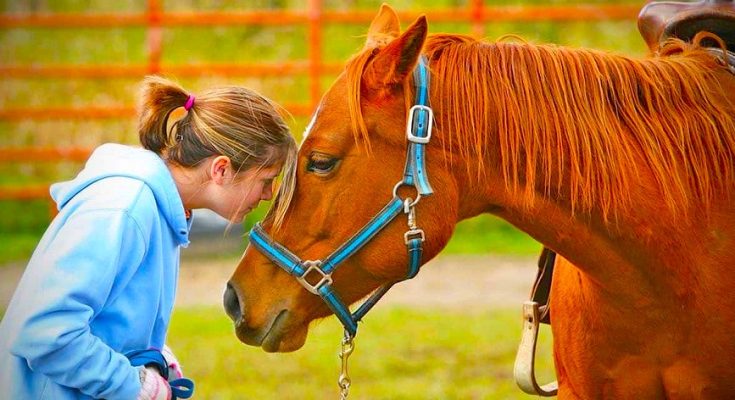Adding primary medical/surgical coverage is an additional option. This resembles human primary medical coverage and can help owners save on veterinarian bills in the event of an accident, illness, or significant injury.
This type of policy will usually include factors such as the horse’s lineage and original purchase price. It may also take into account its training and overall quality of life.
What is Covered?
Although it’s never easy to imagine your beloved horse getting sick or injured, you have options if the unthinkable happens. The right health insurance for horses can help you provide the best possible care for your horse without buckling under financial considerations.
Base coverage generally comes in mortality and primary medical/surgical coverage. Most companies will offer a full mortality policy with the insured value set at your purchase price, which can increase over time through training, breeding success, and show awards.
Most companies will also offer a flat fee for a primary medical/surgical option, depending on the limit you select. This coverage is designed to reimburse for surgical and medical expenses that the mortality policy would not cover. This includes things like colic surgery. Most major medical policies only exclude alternative therapies like acupuncture and magnetic therapy if they are reviewed case by case. Most policies will also not cover routine vaccinations or dental treatment.
Preexisting Conditions
Mortality insurance is much like life insurance and an essential option for any horse owner. It covers the cost of your horse’s death, but only up to a certain amount based on the animal’s monetary worth (which can change over time).
Most mortality policies also include primary medical/surgical coverage for illnesses and injuries during the policy period, with limits up to $5,000, $7,500, or $10,000. This cover is often referred to as Major Medical, Veterinary Services, or Medical Assistance and differs between insurance companies.
While some people can accept the financial loss of a pet, most horse owners would spend their last dime to save a loved one. That is why horse health insurance is such an essential part of any equine owner’s plan, and we are happy to help find options that will meet your budget.
Major Medical/Surgical Coverage
Many consider their loved friends and family members and would give up their last dollar to save them. If you have invested much time and money in your horse, having a mane-to-tail insurance policy is the best way to protect yourself financially.
Many horse owners also purchase primary medical and surgical coverage and mortality policies. Like pet health insurance plans, these policies cover a portion of the cost of diagnostic testing and treatment for illness or injury up to a set limit.
Most major medical/surgical policies have a flat rate premium and a set deductible. They typically do not cover routine or preventative care like annual vaccinations and dental floating, nor do they provide coverage for preexisting conditions. In addition, the policies do not reimburse for colic surgery.
Exclusions
When choosing a policy and insurer, pay close attention to whether the company is reputable and financially sound. Also, consider how the insurance company processes claims. Ideally, you want to choose an insurer to answer questions quickly and thoroughly. It’s better to get a feel for the company before an emergency happens, says Lance.
Insurance companies usually offer a significant medical/surgical addendum to mortality policies for an additional flat fee based on the coverage limit and the deductible. This covers unforeseen veterinarian bills, such as surgery after an accident or illness. However, this type of policy generally excludes ongoing or preexisting conditions and alternative treatments such as acupuncture.
Another policy option is liability, which offers protection against financial loss if your horse injures or damages someone else’s property. Liability coverage is typically based on your horse’s value, lineage, and training. It excludes claims related to libel or false statements. It’s also not intended to cover veterinary costs in the event of an intentional act such as rabies.

